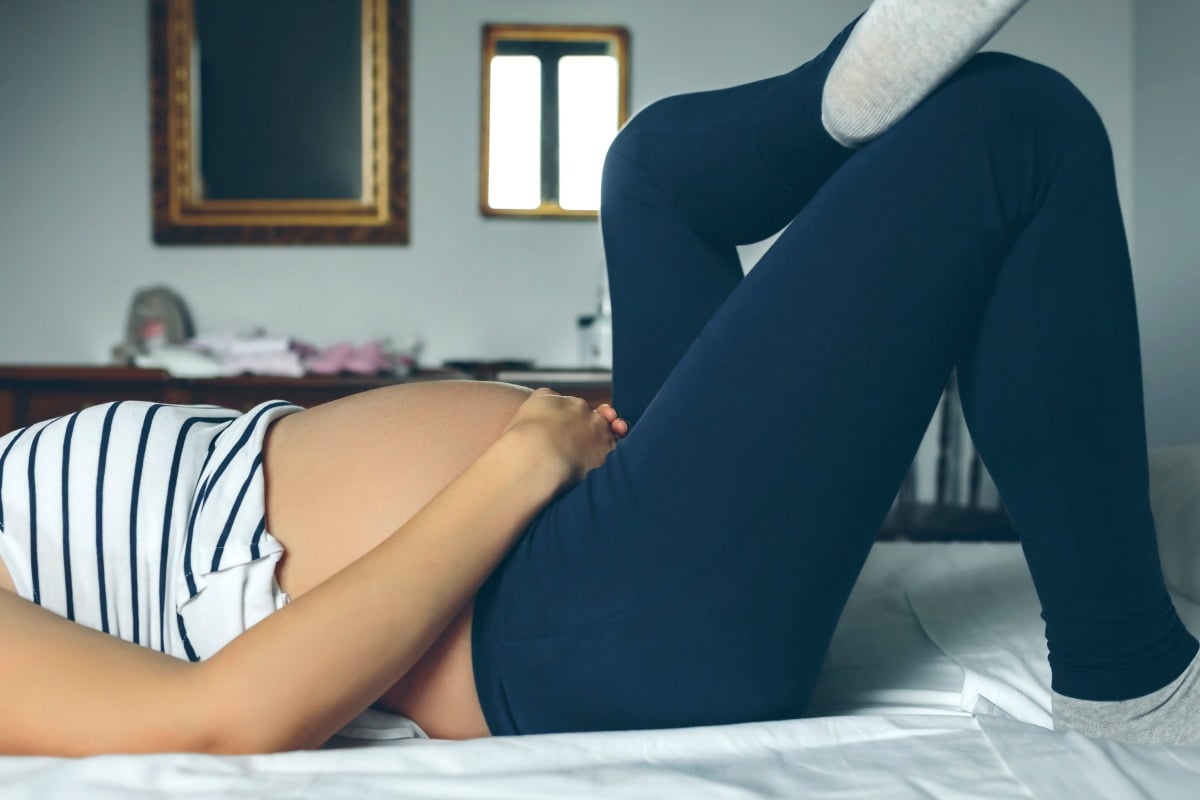
If there’s one phrase in the English language guaranteed to p*ss a woman off, it’s “biological clock”.
It’s that prickly term that rears its head in a snide remark from an aunt, or that nudge from a friend when you’re single and happen to no longer be 16.
But the modern day woman now has the option of freezing her eggs – meaning she has more autonomy when it comes to how, and when, she chooses to have a child.
The problem, however, is that for most of us, the idea of freezing our eggs is complex and scary. What does it involve? How much does it cost? How old are you meant to be when you do it?
Manman’s egg freezing journey. Post continues after video.
We asked Dr Lynn Burmeister, a fertility specialist with more than 20 years experience, our six most burning questions about freezing your eggs.
How old do you have to be to freeze your eggs?
Every woman is different so the best age to freeze eggs varies but as a general rule the best biological age to freeze your eggs is really about the same as the optimum age to have a baby: in your mid to late 20s.

